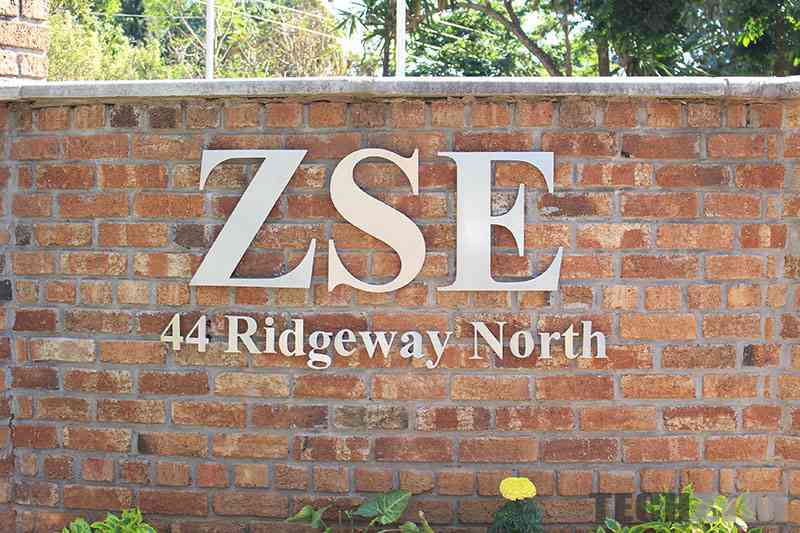
THE Reserve Bank of Zimbabwe (RBZ) governor, John Mushayavanhu, is set to release the 2025 Monetary Policy Statement (MPS) next month amidst a severe liquidity crisis. The economy is struggling due to the central bank's tight monetary policy aimed at supporting the Zimbabwe Gold (ZiG) currency, introduced in April 2024.
This stance has resulted in a shortage of United State dollars and ZiG currency, primarily affecting banks and constraining their lending capabilities.
Consequently, businesses are struggling to meet financial obligations and maintain operational efficiency.
Investment and stock market activity are also being deterred.
Economist Eddie Cross last year emphasised the gravity of the liquidity crisis, particularly from an industrial perspective. He noted that last year, agriculture, a critical sector, received virtually no financing.
Ordinary citizens are also feeling the pinch, with commuters struggling to access ZiG notes for fares. To alleviate the crisis, the Zimbabwe National Chamber of Commerce recently suggested raising the foreign currency retention portion above 75%.
This would enable businesses to access more foreign currency for retooling and restocking.
We urge governor Mushayavanhu to address these pressing issues in his MPS statement. Introducing higher denomination notes would also help, as the current ZiG20 note, equivalent to US$0,50, is causing difficulties for the transacting public.
- Zimbabwe needs to rethink economic policies
- Zimbabwe needs to rethink economic policies
- Forex demand continues to fall
- Digital platforms transfer ZW$8tn
Keep Reading
While acknowledging concerns about inflationary pressures and exchange rate instability, we believe a balanced approach is necessary to avoid exacerbating the current economic challenges. The RBZ must act swiftly to prevent declining industry production levels and business activity. Failure to address the liquidity crisis promptly may lead to financial strain, eroding asset values and weakening firms' balance sheets.
Without strong industries, it could be difficult to support the local currency.
Additionally, the government should prioritise investments in key sectors such as agriculture, manufacturing, and infrastructure. This would help stimulate economic growth, create jobs, and reduce poverty. The apex bank should boost the country's gold reserves to support ZiG and the economy. The governor's announcement of increased gold reserves to 2,67 tonnes, valued at US$228 million, is a welcome step, but Zimbabwe's vast gold resources suggest that even more ambitious reserve targets are warranted to unlock the country's full economic potential.
To truly support the ZiG and stabilise the economy, more needs to be done to increase gold reserves.
Ultimately, a comprehensive and coordinated approach is needed to address Zimbabwe's economic challenges. The RBZ, government, and private sector must work together to create a favourable business environment, promote economic growth, and improve the lives of citizens. By doing so, they can prevent widespread job losses and business closures, ultimately ensuring a more stable and prosperous future for Zimbabweans.











